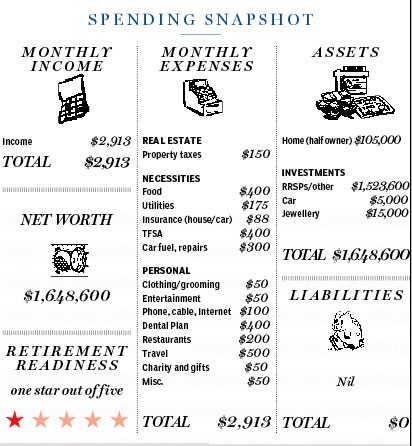Going global isn’t paying off for investors
Post on: 17 Апрель, 2015 No Comment

TimClift
Investing experts for years have insisted that a diversified portfolio requires global securities, with stocks and bonds from abroad.
But during this decade, investors who followed that conventional wisdom were the poorer for it. International equities have been significantly underperforming U.S. stocks for the past five years. From 2010-2014, the MSCI EAFE Index returned 34%, compared with a 105% return for the S&P 500 Index. Emerging markets fared even worse, registering a return of only 11%.
After these years of underperformance, there is little doubt that international equities are now cheaper than U.S. stocks. As of the end of January, the MSCI EAFE Index was trading at 14.5 times 12-month earnings versus 16.4 for the S&P 500. More reliable and sustainable valuation measures, such as price-to-book and dividend yield, show the same thing.
Why are international stocks so cheap? The simple answer is that most developed economies, from the eurozone to Japan, have been struggling and their companies’ earnings are at depressed levels. Typically, stocks start to rise several months before economists recognize a recovery, but no one knows when they’ll turn around.
As for the U.S. earnings projections are based on the assumption of solid economic growth, which could falter. Nevertheless, as I write this, I believe the momentum definitely favors U.S. equities. After struggling in January, U.S. stocks regained their record-setting pace in February. Plus, a strong dollar means that U.S. investors who own securities in international markets will find their holdings leaking value from the currency changes alone. International equities have become a classic “value trap” for investors — relatively cheap, yes, but mired in currency and growth struggles.
I believe that U.S. equities have solid fundamentals and momentum on their side.
The different approaches to dealing with the financial crisis taken by the Federal Reserve and the European Central Bank over the years make investors hesitant to jump into international equities. While the Fed has proved itself willing to continue monetary easing policies long after a crisis ends, the ECB has been inclined to stop as soon as a crisis is averted. During the last crisis, the ECB promptly withdrew its highly successful long-term refinancing operation (LTRO), which provided much needed liquidity to struggling eurozone banks, as soon as the European sovereign debt crisis receded. The ECB merely wants to avoid disasters rather than coddle the economy, and growth has suffered as a result.
The current situation creates an investing dilemma for investors between U.S. and international equities. I believe that U.S. equities have solid fundamentals and momentum on their side; however, valuations seem a bit stretched and there is concern about catching a market top. On the other hand, international equities have attractive valuations, but there are few growth catalysts in sight, and there is concern about falling into a value trap.
Here are some questions to ask yourself before you take your money on a world tour:
1. Are your investments hedged for currency fluctuations?
A rise in the dollar would negatively impact returns in other countries if un-hedged. Many exchange traded funds and mutual funds are hedged for currency changes — a good thing when the dollar is rising, but expensive.
2. Do I already have significant exposure to U.S. multinational companies in my portfolio?

Many U.S. blue-chip companies get most of their sales from outside their home country, reducing your need to buy foreign securities to participate in the global economy.
3. Do I expect my portfolio to track U.S. index returns?
International markets can move differently than those in the U.S. This is great when rapid growth takes place outside the U.S. but will cause your portfolio to lag when foreign economies are underperforming.
Different types of investors may have different preferences (growth-oriented folks probably will be happiest keeping their money in the U.S. these days, while the value-oriented crowd probably favors going international). Investors with no particular style preference should consider their investment time horizon before they decide.
For investors with a very short time horizon — say, over the next year — I feel the current momentum favors U.S. equities. Investors with a longer view have time on their side and could profit when the international equity markets finally warm up.
Tim Clift is chief investment strategist at Envestnet and is responsible for the development of investment strategies for client portfolios, and manager and fund-strategist-selection methods.














